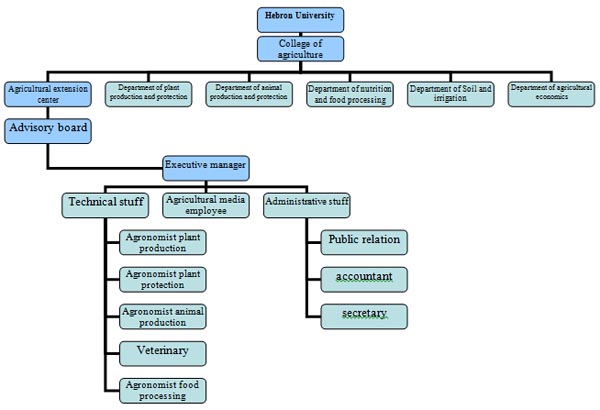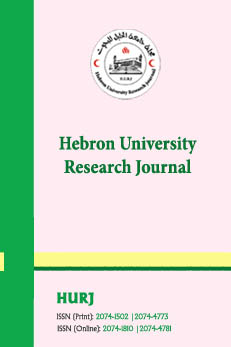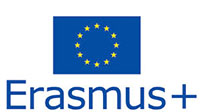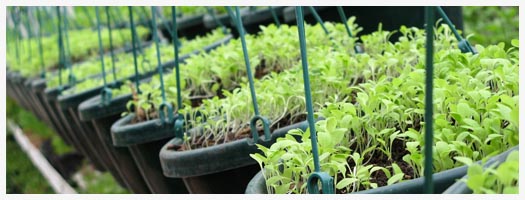Research Centers
Agricultural Center for Training & Extension
Future lines:
- Constructing a building for the center and furnishing with adequate facilities and equipments as a computers, fax, Xerox machines, projectors, camera …… etc.
- Buying a vehicle for field work.
- Establishing an agricultural museum.
- Establishing a website on the internet.
- Establishing an agricultural data base.
- Forming of agricultural groups for the farmers and the sites.
- Improving methods and ways of extension.
- Linking the center with other similar centers either local or international centers.
- Designing advanced net for extension and communications.
- Establishing and authorization (legalization) new specialized centers such as grape research center, sustainable organic farming center… etc.
Sources of support for the center:
- The budget of the Hebron University.
- The grants of the projects.
- Contributions from the agricultural and veterinary companies and feed and food processing private companies.
Mission of the center:
It is the contribution in raising the economic and living standard of the agricultural society by increasing the agricultural and environmental awareness of the Palestinian farmers.
Aims:
- Increasing the technical level of the agricultural extension engineers, the agricultural technicians, the workers that related environment; agriculture; and food, and the farmers and consumers.
- Raising the transfer and adaptation of the modern technology, this is suitable for local condition.
- Offering distinguished extension services, sustainable and ecofriendly.
- Observing and collecting the problems that face the farmers and try to solve them through scientific research.
- Collecting the indigenous knowledge’s and the stories of pioneer farmers
- Preparing the feasibility studies for agricultural projects.
- Contribution in preparing the agricultural policies and strategic plans for developing the agricultural sectors.
- Give the opportunities for farmers to get benefit of the labs of the College of Agriculture.
- Collecting the agricultural indigenous knowledge specially related to Quran verses, prophetic traditions (hadiths), and agricultural Palestinian sayings. Then document and keep them, and work to distribute for the needs of farmers.
Activities
- Training the modern techniques for
a- Plant production
b- Animal production
c- Plant protection
d- Natural recourses and their sustainable management
e- Nutrition and food processing
f- Managing the agricultural projects
- Meeting the farmers in the center and answering their questions and inquiries.
- Organizing field visits.
- Telephone extension (open line).
- Organizing training courses, workshops, seminars, conferences, lectures and studying days and others …
- Organizing field demonstrations (observation in the fields of the farmers).
- Arranging trips for the farmers (farmers to farmer’s visits) and exchanging visits among the sites.
- Inviting agricultural experts as guests either from aboard (external) or local.
- Organizing the agricultural exhibitions and the celebrations.
- Holding spray expeditions and mass struggles as almond wasps, fig scale insects and cooperating in the expeditions of harvesting and picking olives fruits.
- Issuing leaflets, bulletins, books, magazines, posters, labels, models, boards, writing articles and news in the newspapers.
- Preparing broadcasting and television colloquiums and cultural films CD.
- Participating in the different performances and activities for agricultural and environmental organizations.
- Preparing studies for facing the emergent conditions as drought, frost, closures and the siege …..Etc.
- Preparing studies for fund raising for getting projects either from local, Arabic or international donor organizations.
- Plant production and protection labs
- Animal production lab
- Nutrition and food processing labs
- Soil and irrigation lab
- Six green houses inside Hebron University
- Al-Aroub plant production station
- Zief animal production station
The organizing structure of the center is as follows







